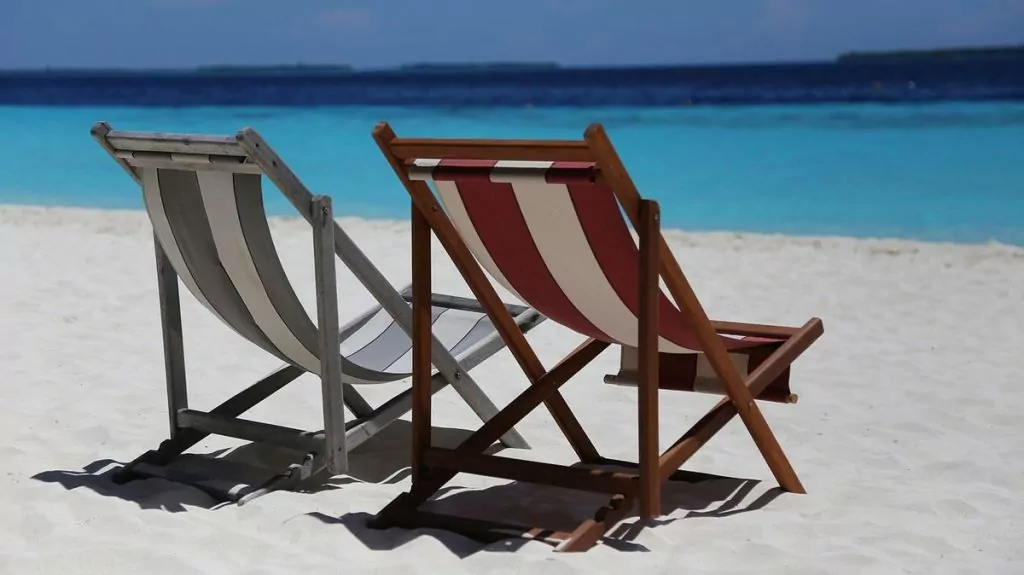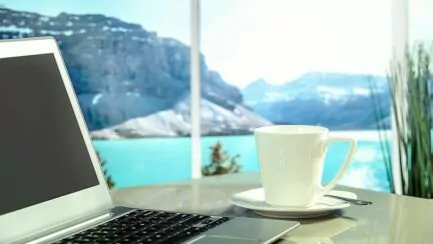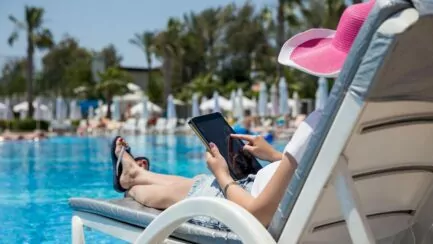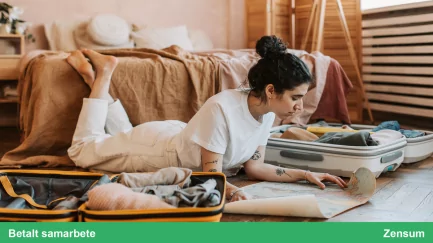We were abroad for more than five weeks this summer, and it goes without saying that some bills are bound to come in during that time. We tried to anticipate some of them, to avoid reminder fees and other hassles, and contacted some companies in advance.
Paying invoices in advance
Together with our TV/telephone/Internet provider, we agreed to pay an invoice in advance, but since they didn't know the exact amount, they had to estimate an amount. We paid in good time and thought everything was fine.
Not as simple as we thought ...
Everything was not green! The amount the company had given us was SEK 45 too low and suddenly, before we knew it, the TV/telephone/Internet was switched off. The first time we called they were relentless and thought that "45 SEK is 45 SEK and those are the rules". The second time, fortunately, we got hold of a more service-oriented person who understood that it was actually they who had done wrong.
The fact that it then took a total of almost two days before we got the Internet back up and running is another matter ... Are large companies allowed to behave just as they please? And how do you actually go about avoiding this sort of thing on a long journey?



















Agneta says:
We usually do as you do, prepare the ones we can and warn some companies. have never been in trouble as you did. It's bad form to just switch off when you've been in contact before.
01 September 2011 - 23:10
Katarina in Malaysia says:
I who still have bills in Svedala, take all my bills on e-giro, where I pay my electricity, insurance, water, mobile phone bill, etc. In the past, I let my mother scan my bills and send them by email, so I could pay them overseas, it worked well, but you want a little privacy in life.
Goodbye!
02 September 2011 - 4:11
Inger and Ingemar says:
We've been wintering in the south for several years now and it's important to keep track of the bills, but it's never a problem. We pay everything online. The rent and some other things are paid by direct debit. Other current bills come as e-invoices and you generally have plenty of time to approve them for payment. If you are camping, there is usually a chance of an internet connection. We usually do a lot of freecamping, but there are internet cafés, bars etc.
02 September 2011 - 4:32
admin says:
Agneta, we were probably unlucky. But it feels sad when you really tried to be one step ahead. Then you always feel a bit powerless in front of big companies ...
Katarina, e-giro is probably very convenient if you are abroad for a long time. But it would probably have solved some of our problems too! Maybe time to get e-giro on more of the bills!
Inger and Ingemar, yes that with direct debit and e-invoices seems smart! I think we will review and move more to that for the future!
02 September 2011 - 7:19
Anders and Birgitta says:
We pay a lot by direct debit and the rest by electronic invoices that we authorise to the bank via the internet. It works very well.
02 September 2011 - 9:03
Criss-cross says:
I just say: direct debit and/or e-invoice. Works like a charm.
And in the unlikely event of an unexpected invoice, you can ask the "postman" to take care of it, pay it and transfer the corresponding amount to her/him //Anette
02 September 2011 - 11:00
Ama de casa says:
Since we now live in an apartment that we originally had as a holiday home, it has been arranged "automatically". Since we were here at very uneven intervals from the beginning, all bills are on direct debit. So just lock the apartment and leave 🙂.
02 September 2011 - 13:24
admin says:
We are becoming more and more aware that direct debit and e-invoicing is the way to go! We will probably try to move more to it before next summer. Thank you for sharing your experiences!
02 September 2011 - 19:18
Carita says:
What a shame! When you had really made an effort to fix everything in advance. As a local newspaper journalist, I always encourage people to go out in the media with experiences like these - it usually puts things in order then, "explanations" fall in, etc. 🙂.
03 September 2011 - 21:05